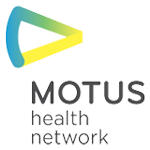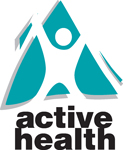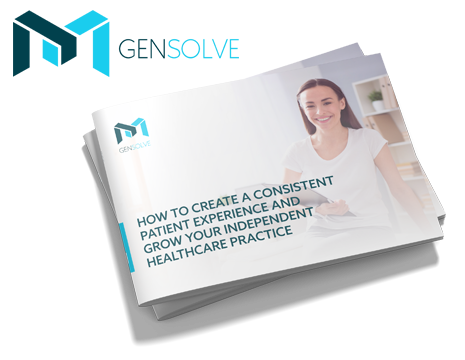The short answer is, if your practice is going to be successful long-term, you need both.
How you decide to implement these two important management tools will depend on where your practice currently stands as a business. A small start-up will be looking to save costs. It’s very common for new practices to work with paper patient notes and manage admin tasks with spreadsheets. There comes a time, however, when this approach causes more issues than it solves, with admin overtaking patient relationships as the focus of the business.
The answer lies in recognising when it’s time to upgrade your systems to help move your business forward and understanding the tools you need to take it to the next level. Keeping patient health and medical records efficiently requires an electronic health record (EHR), while appointments, admin and accounts will require their own platform – a practice management solution.
There are practice management solutions available now that include both EHR functionality and business operations management tools. Investing in a good solution when your practice is poised for growth, before inefficiencies set in, can hugely influence how well your practice navigates this significant time.
Whether you opt for a scalable all-in-one solution or decide to investigate ancillary additions to an existing system, it’s important to understand why you need these tools.
Let’s start by looking at the key differences between these two critical systems and how they will help your practice to grow.
What’s the difference between medical Practice Management and EHR Software?
What is Practice Management Software?
Practice management systems allow healthcare practices to become more efficient in running their business, from the front office, through to patient care and back office administration. These software solutions can vastly improve communication between your practice’s front-of-office or administrative staff and your patients.
The ultimate goal of a good practice management solution is to support the practice owner or manager in the daily running of the practice, freeing them to build and nurture the patient relationships that are the core of the business.
Essentially a business management system, the best practice management solutions are angled specifically towards the needs of independent healthcare practitioners.
Benefits of Practice Management Software
- Improved customer relationships via better internal and external communication
- Less time spent on admin tasks
- All data held in one secure place
- Data captured easily (patient demographics, records, history)
- Appointment management
- Online booking facility
- Stock and inventory management for any products sold
- Efficient billing system
- Payment facility
- Simple, accurate financial reporting
- Simplified digital process for insurance claims
WHAT IS EHR SOFTWARE?
Electronic health records software, as the name suggests is a digital version of patient record charts. It provides fast, real-time access to a patient’s treatment plan and can offer a broad view of care and medical history.
Most EHR solutions are bundled or integrated with additional software solutions like code verification, patient education tools (which aids in delivering more in-depth patient care and treatment) and electronic prescribing.
The Benefits of EHR Software
- Real-time, patient-centred records
- Instant, secure access for authorized users
- Can give a broad view of patient care
- Shows treatment plan, medical history, diagnoses, allergies, test results
- Allows access to evidence-based tools to help make decisions about patient care
- Can save time in diagnosis
- Improves patient care
- Improves care co-ordination
- Improves patient outcomes
The advantages of Practice Management Software – an all-in-one solution
Next generation practice management software solutions offer the best of both worlds. They incorporate an all-in-one approach to practice management and EHR functionality.
The best solutions help practice managers in both the clinical and business sides of their practices. Time saved by streamlining admin and accounting tasks can be redirected into offering more appointments to your patients or marketing your practice to new ones.
More detailed, interactive patient records mean you can offer your patients a highly personalised level of care and treatment. Better communication with your team will encourage a consistent patient experience and drive referrals.
Running a successful practice is a two-sided process. It means running a successful business and offering exemplary patient care. A practice management solution that addresses both sides of your practice is undoubtedly the most cost-effective solution to both sets of challenges.
Choose a system that is specifically designed for practice managers and that can scale with your business, and you’re giving your practice the best platform for growth.
















